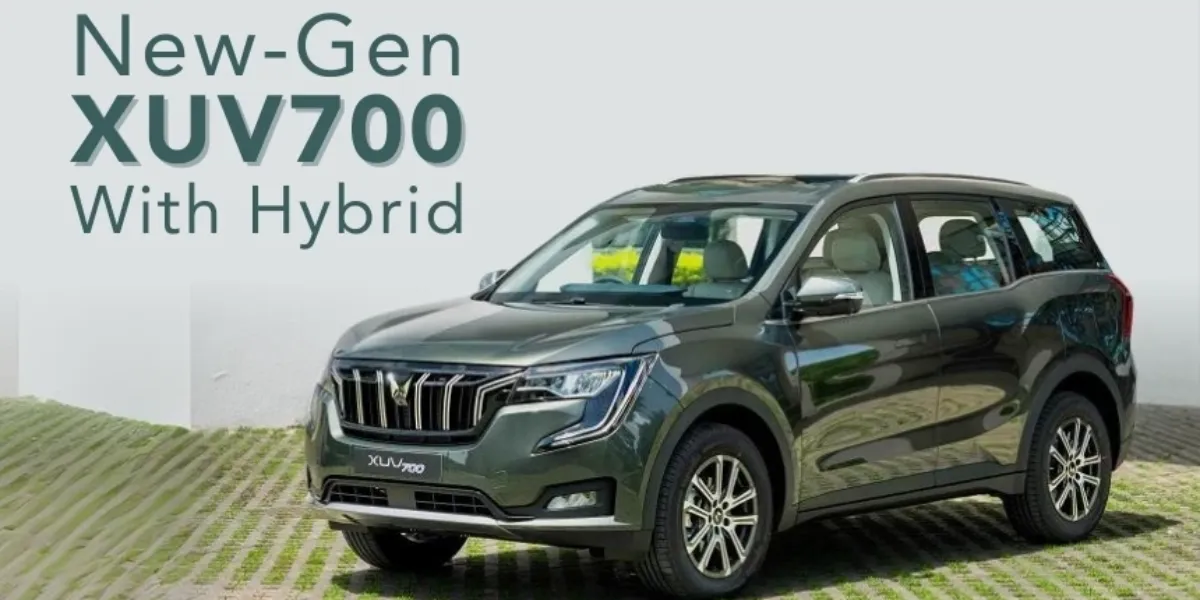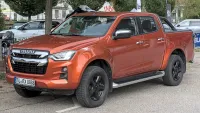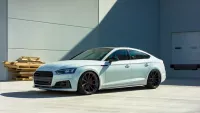To put it simply, a smart hybrid system is a tech feature that lets the petrol or diesel engine and an electric motor work together. Now, “hybrid” might sound old news, but smart hybrid is different. It’s not just about saving fuel or reducing emissions; it’s also about making the driving experience smoother and a bit smarter.
The Basic Idea of Smart Hybrid
I remember back in 2017, I was on a test drive in a Maruti smart hybrid car. The dealer told me, “The engine helps charge the battery, and the start-stop system is smart.” And honestly, when stuck in traffic, the engine would switch off for a while, and the electric motor would give a tiny boost. It felt unusual at first, but it worked. Small touches like these actually make driving surprisingly comfortable.

Essentially, smart hybrid cars have a small electric motor that works alongside the main engine. When engine load is high, the motor assists, and during braking or deceleration, it recovers energy to charge the battery. So fuel consumption goes down, and performance feels more controlled.
Smart Hybrid vs Mild Hybrid
Many people get confused between smart hybrid and mild hybrid. Simply put: mild hybrids only offer start-stop and minor electric assist, while smart hybrids are a bit more intelligent. The engine and motor work more smoothly together, and fuel efficiency improves noticeably. From my experience, some cars had a slight delay in sync between engine and motor, and occasionally a little jerk. This is a real-world quirk you might not notice at the showroom.

Personal Anecdotes Real Smart Hybrid Experience
Once, I test-drove an XUV smart hybrid. At a traffic signal, the engine turned off automatically, and the instant electric assist made the start very smooth. But another day, a software glitch caused the electric assist to kick in late. The dealer said an update would fix it. Honestly, it was a bit annoying, but it gave me perspective on how tech isn’t perfect yet.

Another time, a friend bought a Swift hybrid. On a long drive, the battery drained faster than expected, and the dealer admitted that real-world mileage could be lower than claimed. So, company claims often differ from real-life experience. That’s the kind of insider insight I love sharing.
Benefits and Limitations of Smart Hybrid
The benefits are simple: slightly better fuel efficiency, less engine stress and the start-stop system makes driving in the city easier. Also, it feels a bit eco-friendly when the petrol engine isn’t running. But there are limitations: higher cost, tricky battery maintenance, and occasional software quirks. My tip: if your driving is mostly in the city or short trips, a smart hybrid makes sense. On long highway drives, the benefits are less noticeable.
Insider Tip
From my 10 years in the industry, I can say smart hybrids always need a close look at battery alerts and start-stop behavior. Everything seems perfect at the showroom, but real traffic is the real test. Also, keep an eye on updates and service history, because software glitches can happen.
The Bottom Line
In my view, smart hybrids are a practical, moderately eco-friendly choice, but not perfect. They do improve mileage and driving smoothness, but occasional technical quirks are part of the package. If you want a bit of modern tech and drive mostly in the city, a smart hybrid is worth trying. Just don’t expect every claim to match real-world performance exactly.





